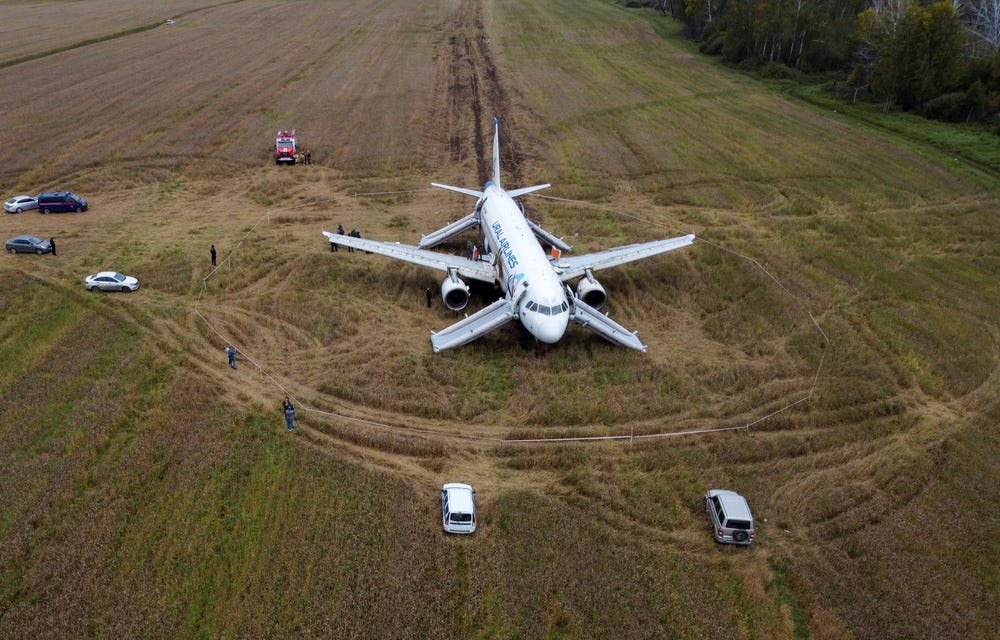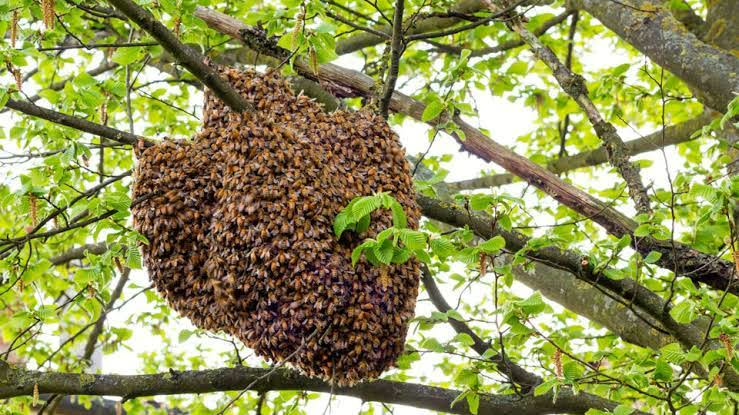After ditching an Airbus A320 in a wheat field in Siberia in September, Russian carrier, Ural Airlines, has so far handed out RUB15.8 million ($178,000) in compensation to 158 passengers, the press service of the airline, AlfaStrakhovanie, told the Russian news agency TASS.
People onboard the jet that day, none of whom were seriously injured in the accident, got 100,000 rubles each, or about $1,127.
The outlet further explained that there were “several passengers who have not contacted the airline” but noted they are “aware of this possibility.”
Ural’s payout comes two and a half months after the A320 ended up in the remote Russian wheat field. It was stranded there after its hydraulics systems failed and the pilots worried they might not have enough fuel to make it to the diversion airport.
Still, Russia’s Federal Air Transport Agency determined earlier this month that the pilots were at fault for the accident, Aerotime Hub reported.
According to the outlet, several errors occurred, including miscalculating how much fuel the plane needed to divert and making the “unfounded decision” to ditch in a field.
But Russia’s aviation authority has since dismissed the findings and called for a new investigation, citing “newly discovered circumstances,” but did not provide specifics, per Aerotime Hub.
Despite the ongoing investigation, Ural is still working to get its plane home — a task that has proven even more difficult now that winter has come.
According to the Russian news outlet KP-Novosibirsk, the airline considered using the frozen ground to better take off but has since said it may “mothball” the jet for the winter.
“Today they say this, tomorrow they may say something else,” Oleg Konyuk, the head of the Ubinsky district where the A320 is stranded, told the outlet on Wednesday. “They decide whether the plane can take off or not, whether it will be right or wrong.”
Announcements from Ural’s Russian-language Telegram channel said in October that the aircraft was in “good condition” and is likely to operate flights again, noting it would have to replace a few fan blades and complete safety inspections before taking off.
Credit: Business Insider











Leave a Reply